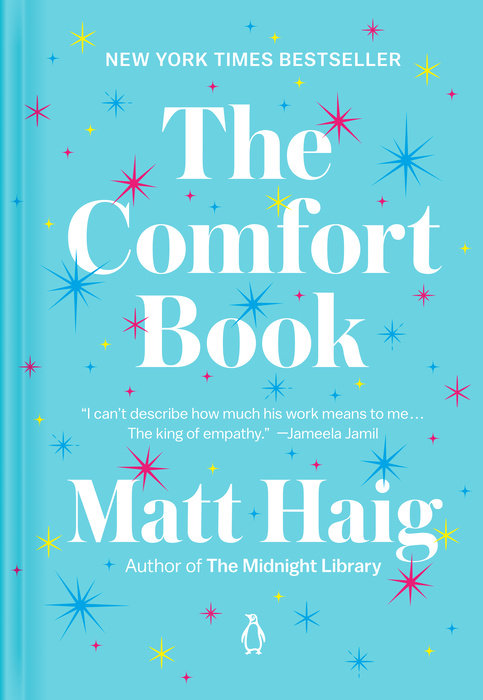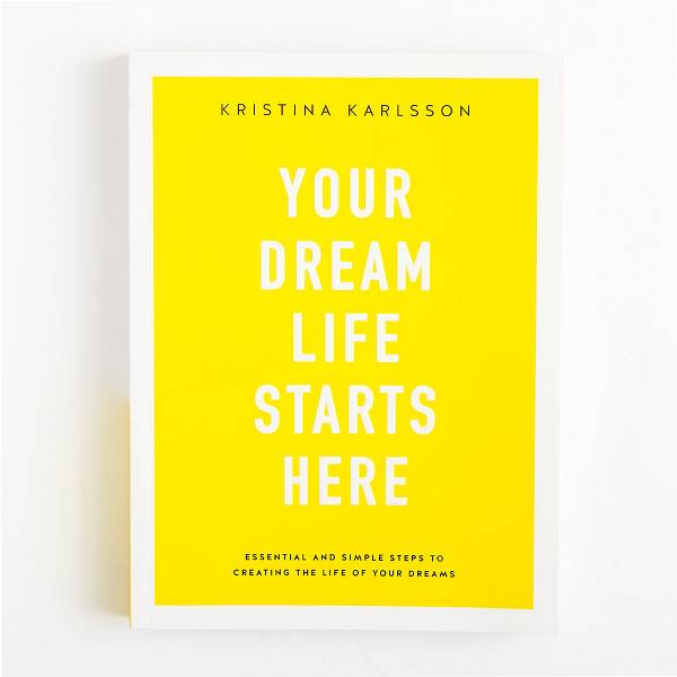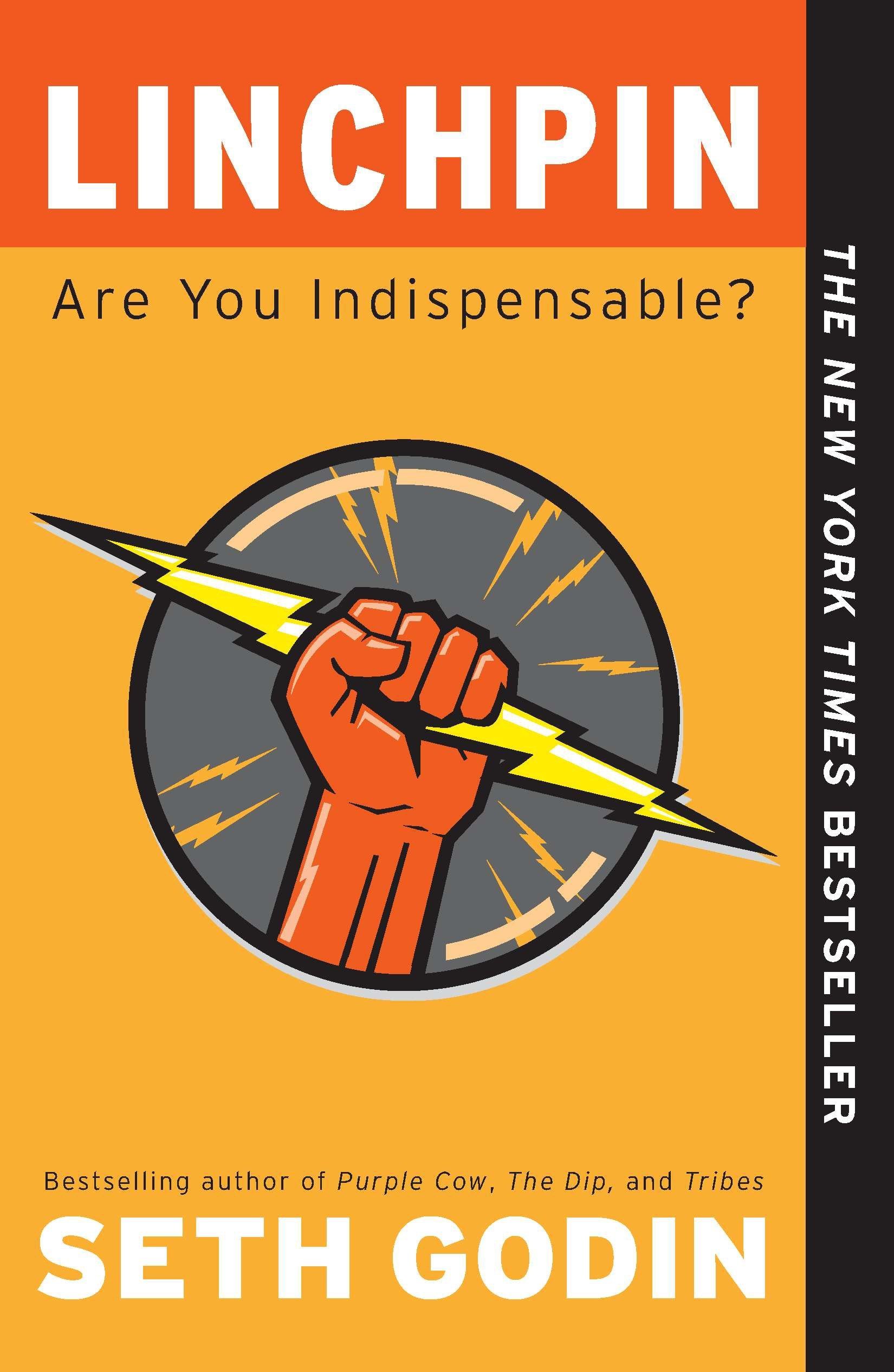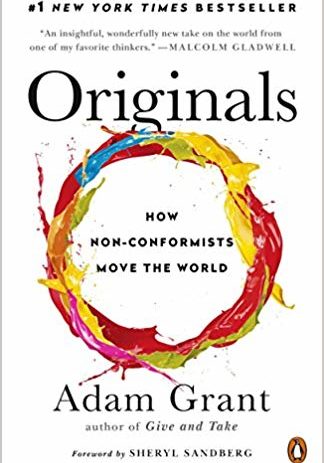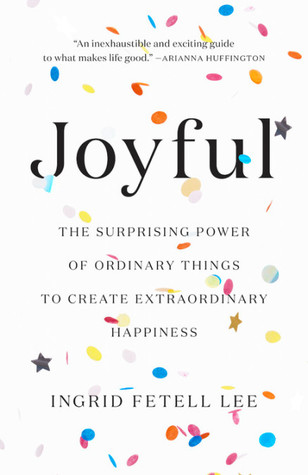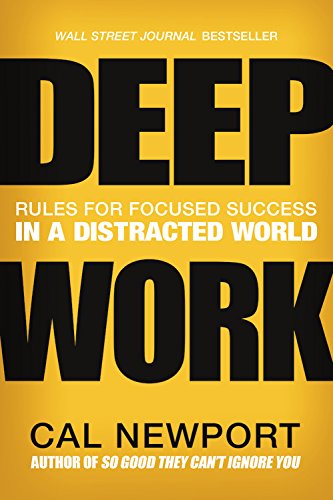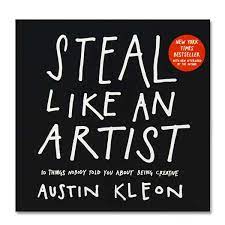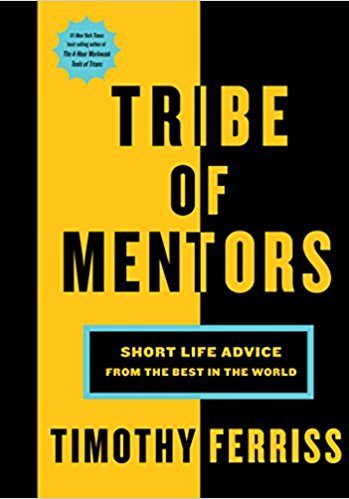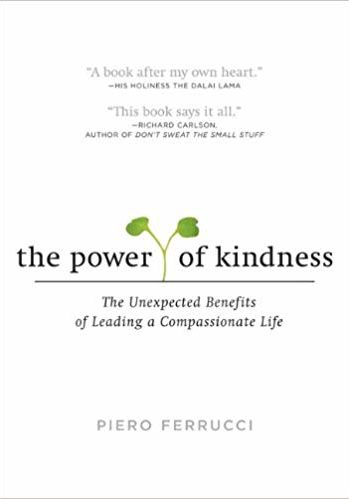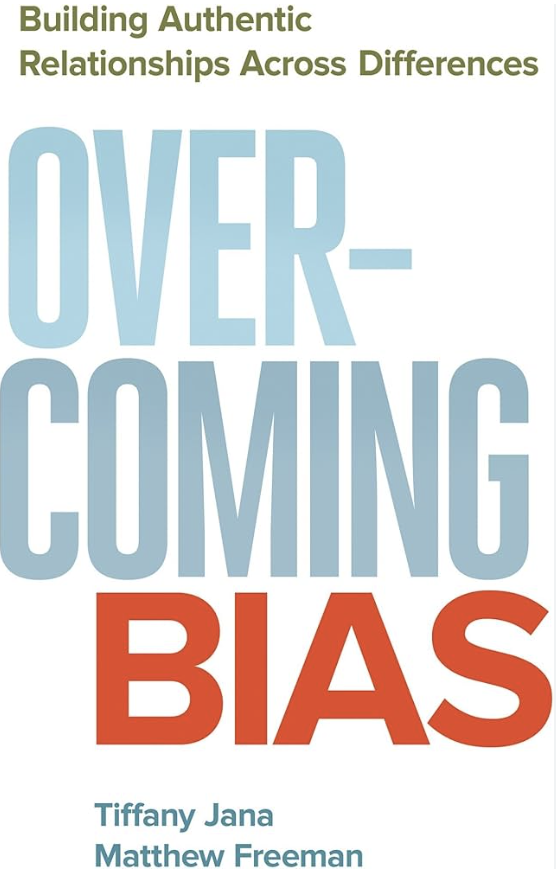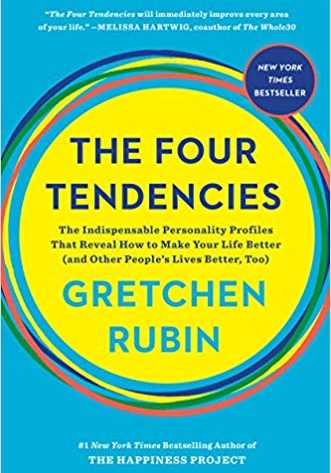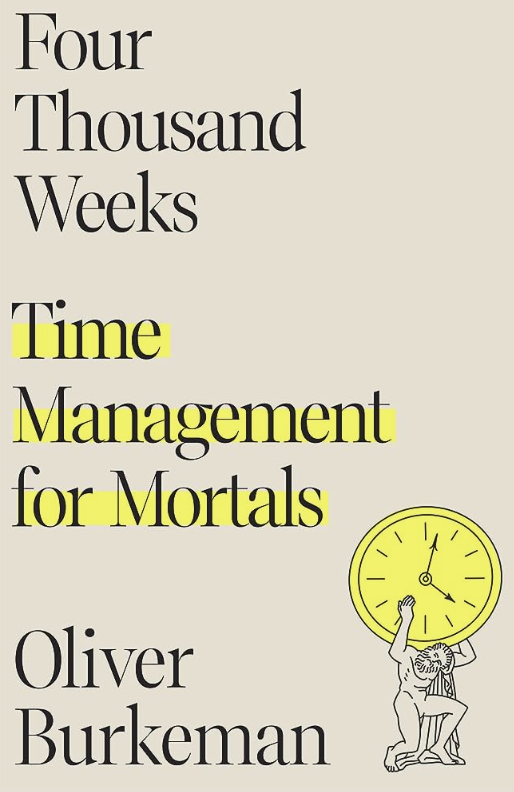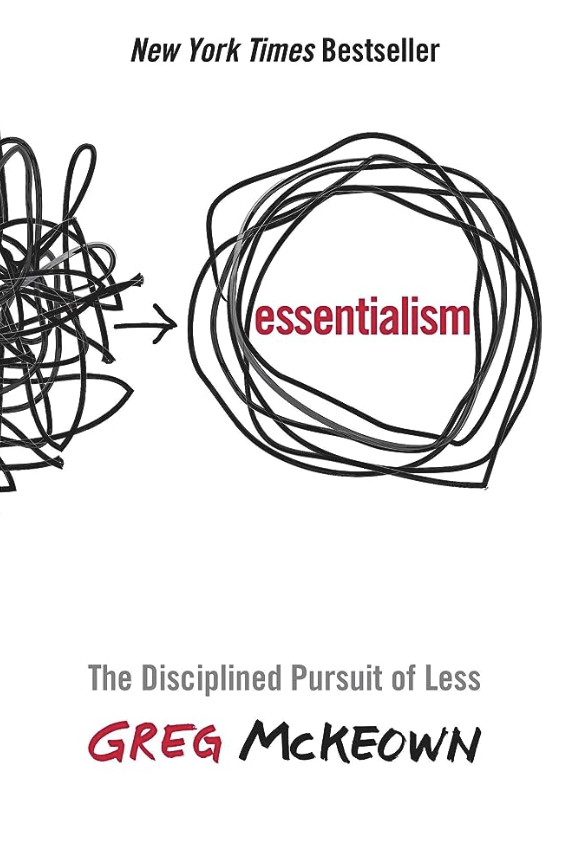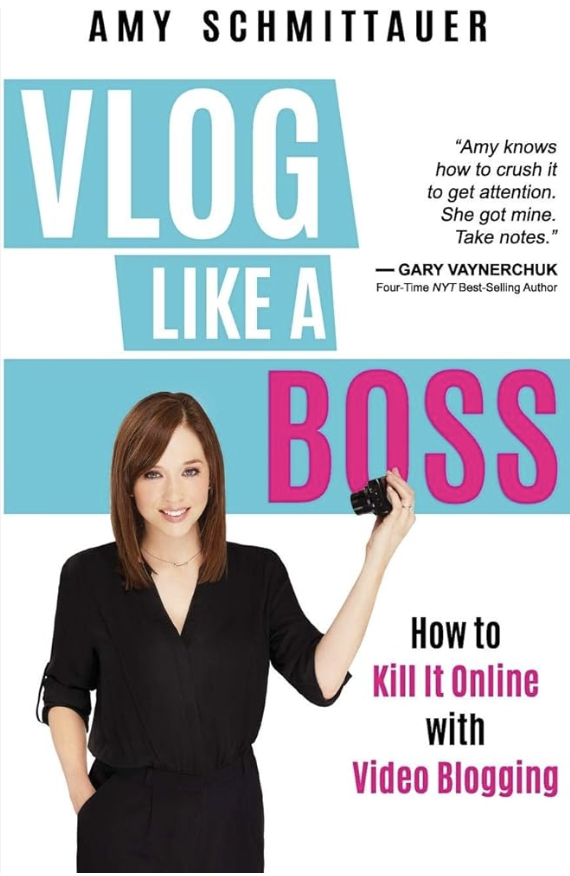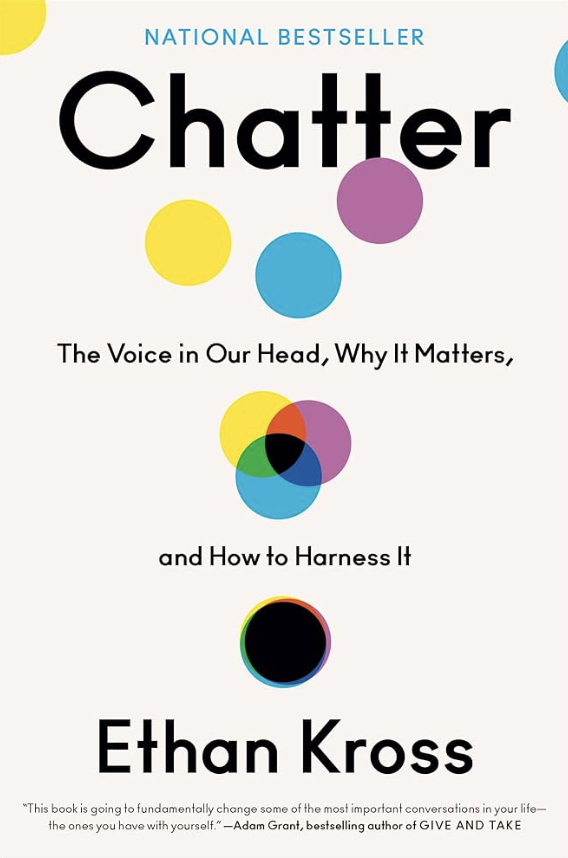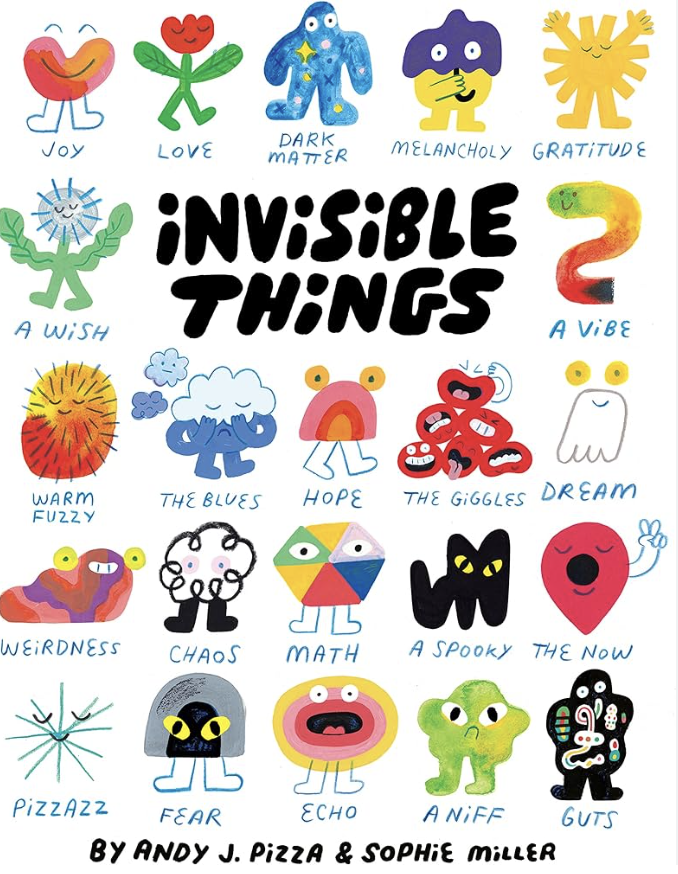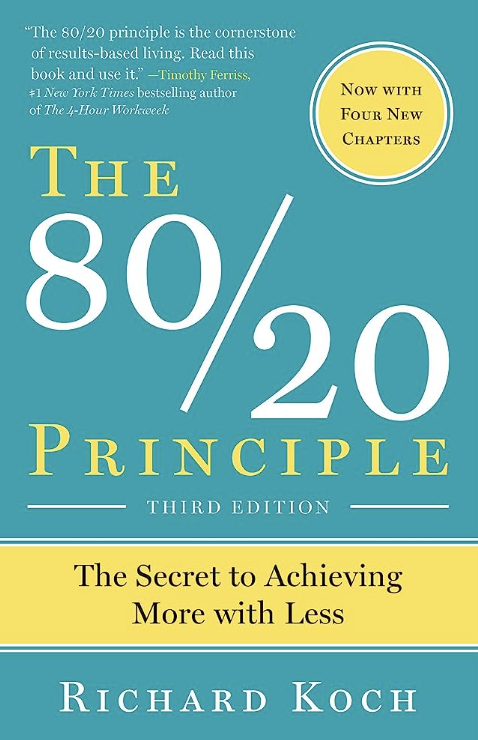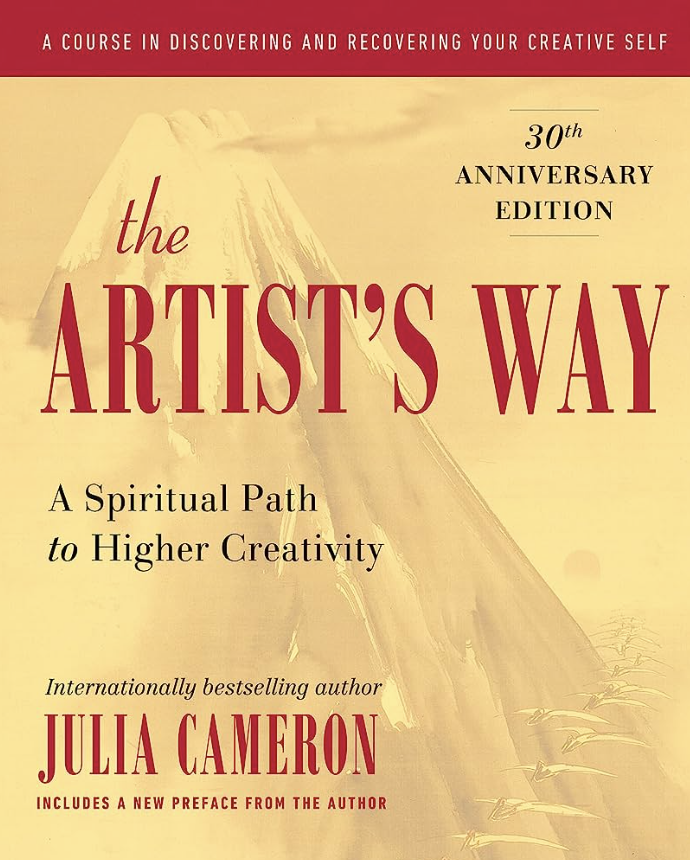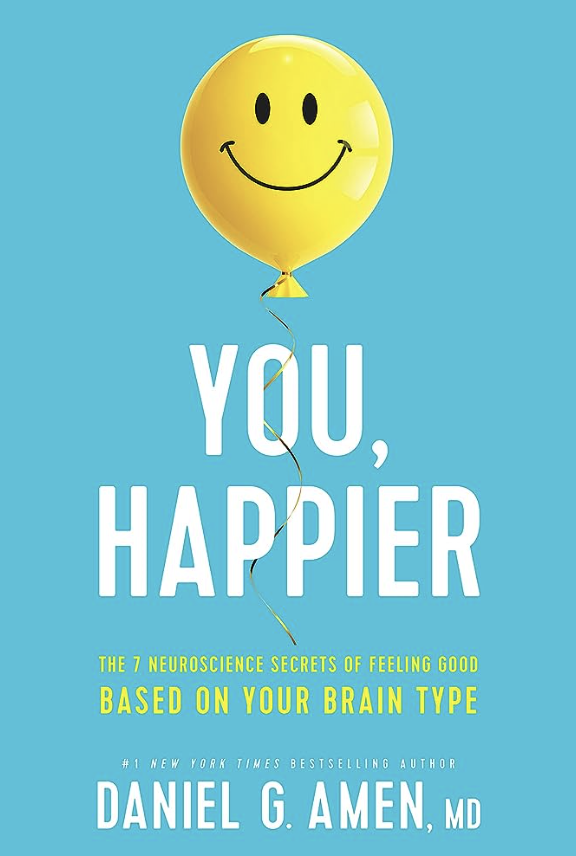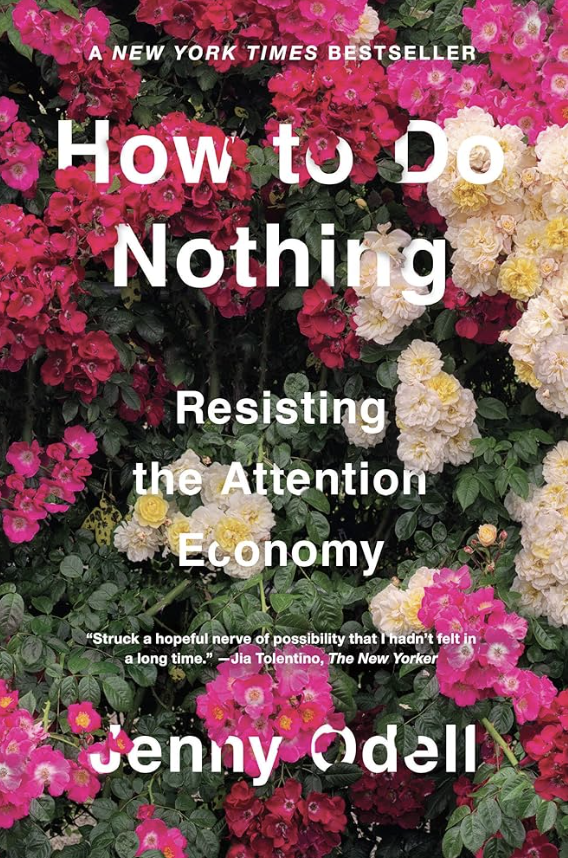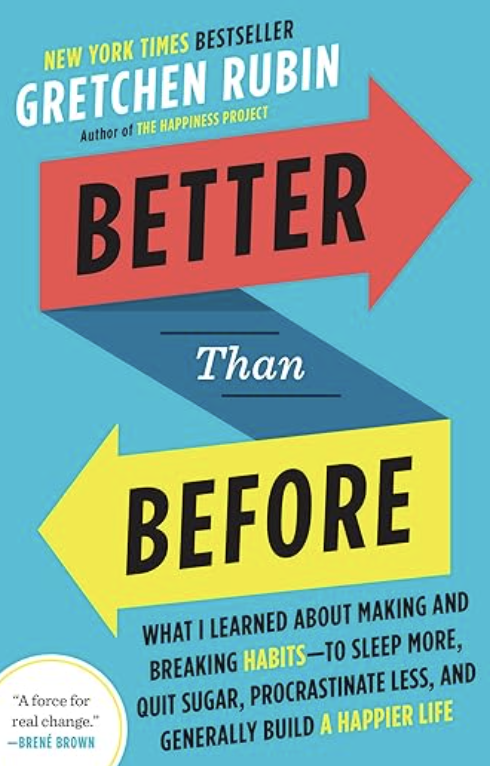The new uplifting book from Matt Haig, the New York Times bestselling author of The Midnight Library, for anyone in search of hope, looking for a path to a more meaningful life, or in need of a little encouragement.
“It is a strange paradox, that many of the clearest, most comforting life lessons are learnt while we are at our lowest. But then we never think about food more than when we are hungry and we never think about life rafts more than when we are thrown overboard.”
The Comfort Book is Haig’s life raft: it’s a collection of notes, lists, and stories written over a span of several years that originally served as gentle reminders to Haig’s future self that things are not always as dark as they may seem. Incorporating a diverse array of sources from across the world, history, science, and his own experiences, Haig offers warmth and reassurance, reminding us to slow down and appreciate the beauty and unpredictability of existence.
Kristina Karlsson, the woman behind the inspiring global success story, kikki.K, shares personal insights from her amazing journey, from humble beginnings on a small farm in Sweden to the 3am light bulb moment that led her to chase and achieve dreams that are now inspiring a worldwide community of dreamers.
Filled with simple and practical magic – and inspiring stories and wisdom from people who've dared to dream big – this book will show you how to harness the power of dreaming to transform your life in small, simple steps.
“The job is what you do when you are told what to do. The job is showing up at the factory, following instructions, meeting spec, and being managed.
Someone can always do your job a little better or faster or cheaper than you can.
The job might be difficult, it might require skill, but it's a job.
Your art is what you do when no one can tell you exactly how to do it. Your art is the act of taking personal responsibility, challenging the status quo, and changing people.
I call the process of doing your art 'the work.' It's possible to have a job and do the work, too. In fact, that's how you become a linchpin.
The job is not the work.”
“The reasonable man adapts himself to the world; the unreasonable one persists in trying to adapt the world to himself. Therefore all progress depends on the unreasonable man.” - George Bernard Shaw
The least favorite students were the non-conformists who made up their own rules. Teachers tend to discriminate against highly creative students, labeling them as troublemakers.
“Like a kid in a candy store” is one of the most iconic images of joy in our culture, expressing the wild, almost delirious pleasure we take in being let loose in a bountiful world. When I first started hearing about the places that give people joy, I realized that many of them evoke this giddy feeling of abundance: carnivals and circuses, dollar stores and flea markets, and giant old hotels like the Grand Budapest of director Wes Anderson’s imagining. The same feeling also exists on a smaller scale. An ice-cream cone covered in rainbow sprinkles is like a candy store held in your hand. A shower of confetti, a multicolored quilt, a simple game of pick-up sticks, have this irresistible allure.
Even the language of joy is rife with excess. We say we’re overjoyed or that we’re brimming with happiness.
We say, “My cup runneth over.” And this is very much how it feels to be in a moment of joy, when our delight is so abundant it feels like it can’t be contained.”
“what we choose to focus on and what we choose to ignore—plays in defining the quality of our life.”
“Make stuff you love and talk about stuff you love and you’ll attract people who love that kind of stuff. It’s that simple.”
“Your influences are all worth sharing because they clue people in to who you are and what you do—sometimes even more than your own work.”
“Teaching people doesn’t subtract value from what you do, it actually adds to it. When you teach someone how to do your work, you are, in effect, generating more interest in your work. People feel closer to your work because you’re letting them in on what you know.”
I love this book SO much. “Be curious about the world in which you live. Look things up. Chase down every reference. Go deeper than anybody else--that's how you'll get ahead.”
“Your job is to collect good ideas. The more good ideas you collect, the more you can choose from to be influenced by.”
This book is so smart! “Any time in life you’re tempted to think, ‘Should I do this OR that?’ instead, ask yourself, ‘Is there a way I can do this AND that?” I find myself thinking back to this book every time I am faced with a tough decision.
Busy is a decision. – Debbie Millman
Do what you can, with what you have, where you are. – Theodore Roosevelt
Not everything that can be counted counts, and not everything that counts can be counted. – William Bruce Cameron
“Generosity is, by definition, disinterested.”
"It's all really very simple. You don't have to choose between being kind to yourself and others. It's one and the same."
"Try this experiment. Start with an ordinary situation such as riding in a taxi, buying paper at a stationary shop, or sitting in the train. Then try exchanging a few words with the taxi driver, making eye contact with the salesperson, striking up a conversation with someone on the train. For some of us, that happens spontaneously; others have to do it deliberately. Be fully present in this brief contact, and expect the other to be so as well. Suddenly a change occurs: Something becomes unblocked and energy circulates. It might not be an encounter of two souls. But it surely will be an exchange of vital energy between two people."
“Like a kid in a candy store” is one of the most iconic images of joy in our culture, expressing the wild, almost delirious pleasure we take in being let loose in a bountiful world. When I first started hearing about the places that give people joy, I realized that many of them evoke this giddy feeling of abundance: carnivals and circuses, dollar stores and flea markets, and giant old hotels like the Grand Budapest of director Wes Anderson’s imagining. The same feeling also exists on a smaller scale. An ice-cream cone covered in rainbow sprinkles is like a candy store held in your hand. A shower of confetti, a multicolored quilt, a simple game of pick-up sticks, have this irresistible allure.
Even the language of joy is rife with excess. We say we’re overjoyed or that we’re brimming with happiness.
We say, “My cup runneth over.” And this is very much how it feels to be in a moment of joy, when our delight is so abundant it feels like it can’t be contained.”
I really loved this book and revisit/think about it often.
I love how he points out this concept that sometimes the inconvenient, unsmoothed textures of life are what it’s all about.
I try to remind myself of this when I catch myself obsessing over efficiency.
I’m grateful to the Austin Kleon and his book club for choosing/sending this book, which, in the author Oliver Burkeman’s own words, attempts to discover and recover ways of thinking about time and the “outrageous brevity and shimmering possibilities of our four thousand weeks.” (Four thousand weeks how many weeks you’ll have lived if you hit 80 years old.)
